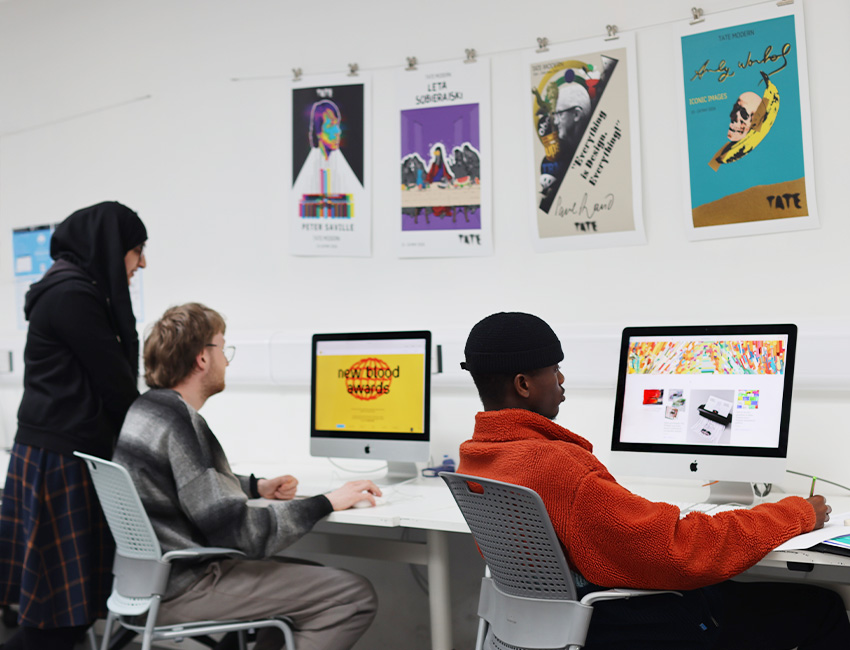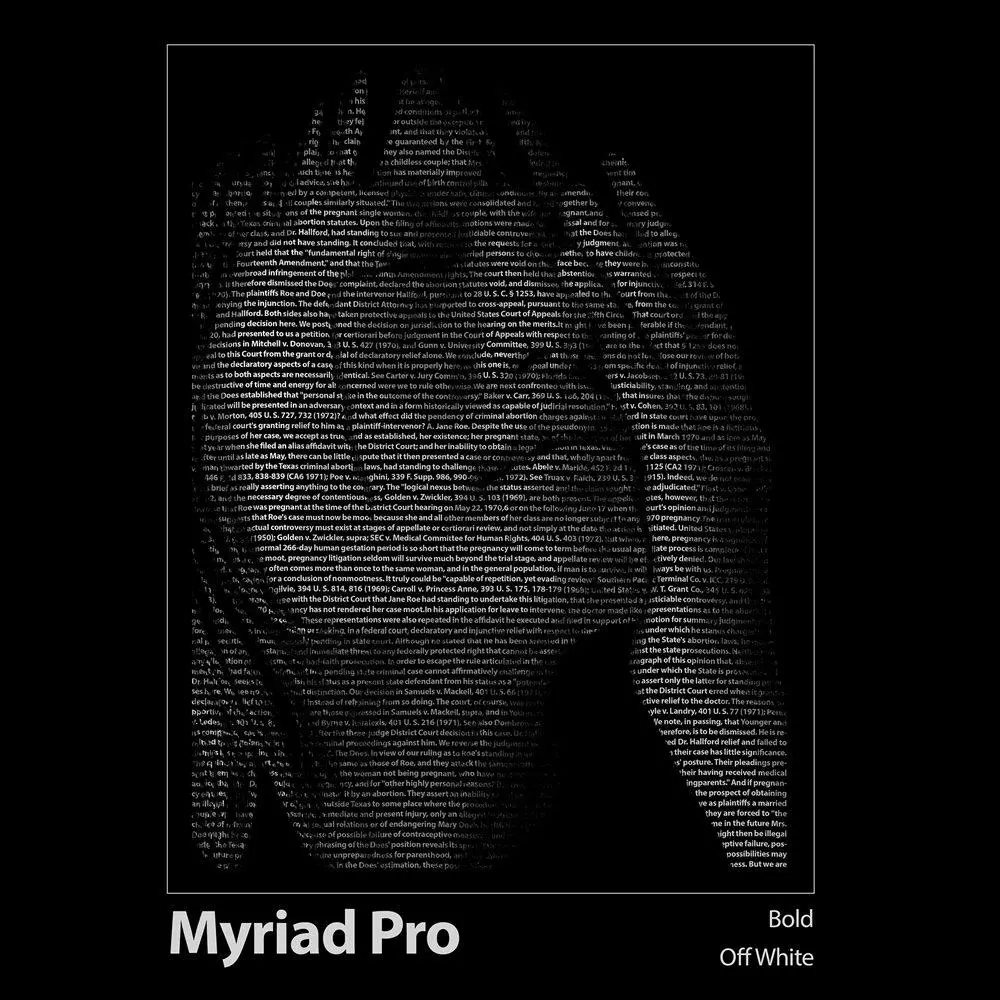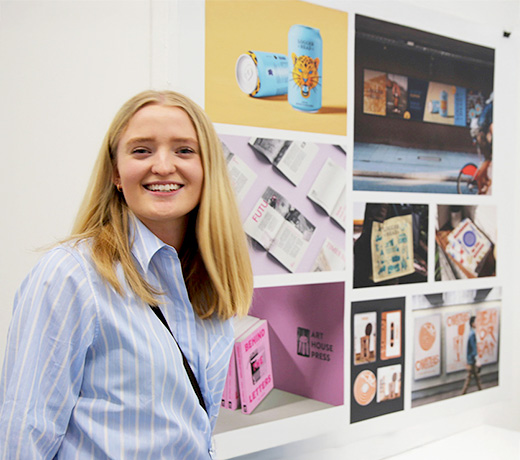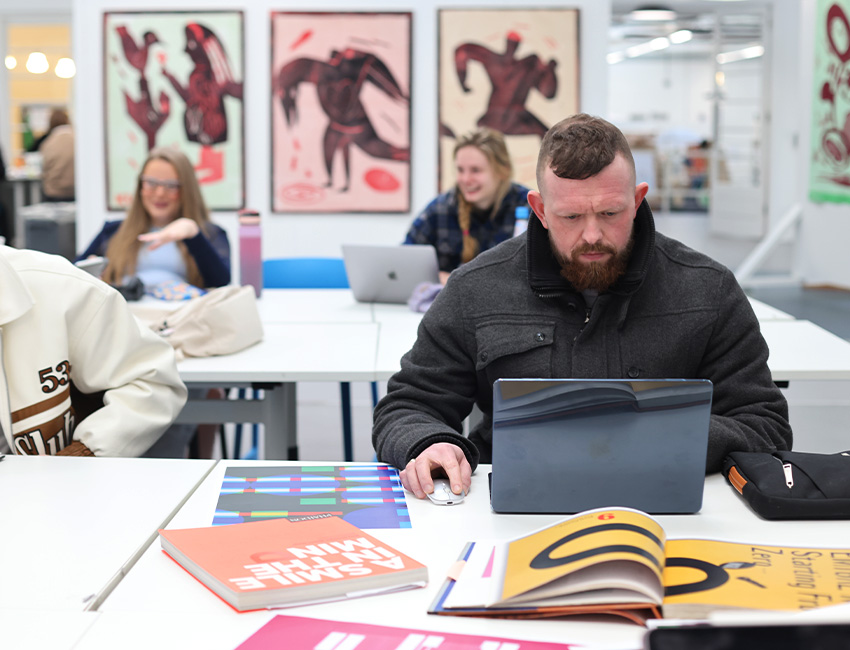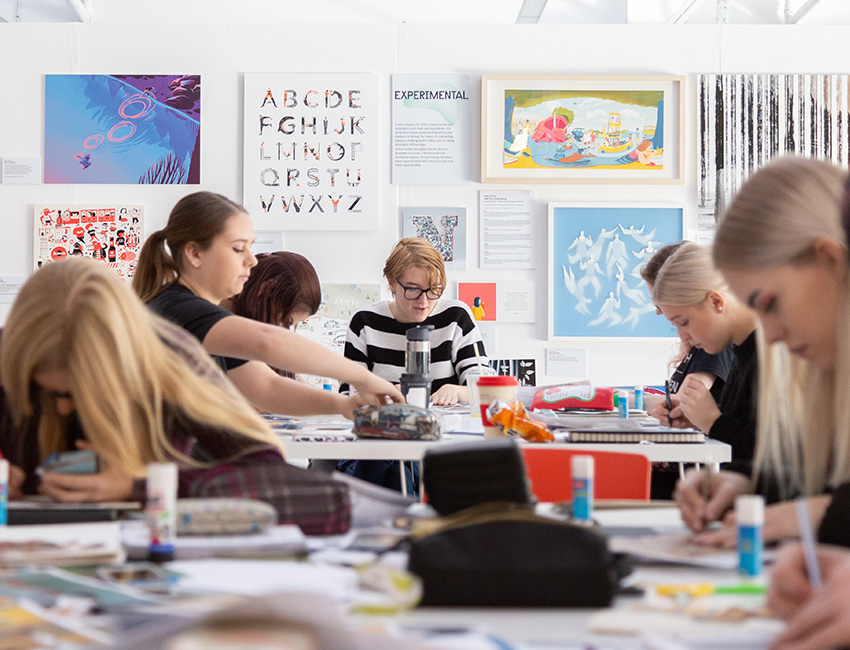At Worcester, you’ll work with real clients, explore the latest trends and technologies, and even enter national competitions. Whether you dream of designing for big brands, launching your own creative business or shaping the future of digital media, this course gives you the tools to make it happen.
in the UK for art and design graduate prospects
for Graphic Design courses in the UK
University of the Year finalist
Recognised for our graduate success, we’re shortlisted for University of the Year in the Times Higher Education Awards 2025.
Overview
Design isn’t just about making things look good – it’s about making an impact. In today’s digital world, brands need creatives who understand not only how to design but what grabs attention, builds trust, and drives action. This course reflects that demand by combining graphic design, advertising and marketing, where creativity meets strategy to influence how people think, feel and buy.
You’ll learn to pair bold visual design with smart messaging and audience insight, skills that employers are actively looking for. By studying this unique mix, you’ll graduate with a versatile skill set that opens doors to a wide range of industries, from design studios and advertising agencies to digital media companies or even launching your own creative business.
In your first year, you’ll begin by learning the basics. This will involve developing your core creative skills in layout, typography, and visual storytelling, as well as understanding marketing strategies and how to influence consumer decisions.
As you progress, you’ll build your skills by working on live briefs with real clients, like designing websites, creating brand identities, and developing marketing campaigns. You’ll learn how to craft compelling campaigns, design for both print and digital platforms, and understand what makes audiences connect with a brand.
Become part of a vibrant creative community based at the Art House, a shared, supportive studio space where students from across the arts collaborate, experiment and grow together. You’ll have access to state-of-the-art studios and specialist facilities where you’ll develop your skills and become a confident, thoughtful designer. Through studio practice, interactive workshops, lectures and seminars, you’ll be supported by industry experts and encouraged to think openly, work collaboratively and push creative boundaries.
Course content
Each year, you’ll study a mix of core and optional modules that build your skills in graphic design, advertising and marketing. This flexible structure allows you to explore different creative and strategic areas, such as branding, digital media, and consumer insight, before focusing on your strengths and career goals in your final year.
We regularly review our courses to reflect the latest research and developments in the subject area, as well as feedback from students, employers and the wider sector. As a result, modules may change to ensure the course remains current and relevant.
Optional modules will run if enough students choose to study them. It is not guaranteed that all modules will be offered every year.
Optional modules
Careers
This course gives you the creative and professional skills to follow a wide range of exciting career paths. By the time you graduate, you’ll be prepared with interview techniques, a polished CV, and a professional portfolio ready to enter the industry.
You could become a…
- Graphic designer
- Art director
- Motion designer
- Advertising creative
- Social media manager
- Content creator
- Brand strategist
If you’re interested in running your own business, this course also supports you in developing the confidence and knowledge to work as a freelancer or even start your own creative company.
Throughout your studies, you’ll build real-world experience through live briefs, industry visits and the chance to make valuable contacts. You’ll also develop important transferable skills that are useful in any career, such as teamwork, leadership, communication and problem-solving.
Student case studies
Recent graduates reflect on their time on the course.
Course highlights
Teaching and assessment
This course is taught through a mix of hands-on studio practice, interactive workshops, and live client briefs that mirror the fast-paced world of creative agencies. Alongside this, lectures and seminars help you build the academic and strategic thinking skills that underpin great design and marketing.
Teaching and assessment contents
An experienced team of lecturers and design practitioners will be teaching you throughout the course and facilitating a student focused, practical and skills-based approach to learning, with a multi-disciplinary experience as a key factor of the student experience.
Studio Practice and Interactive Workshops will equip you with all the practical skills you need from a creative perspective. Lectures and Seminars will equip you with all the theoretical skills needed from an academic perspective. Live Briefs allow for an agency style group project, bringing both creative and theoretical application together.
This blended, inclusive approach creates a challenging, but exciting learning experience. It fosters the development of students who take responsibility for their own learning, becoming increasingly independent and autonomous as they progress through their studies. This helps promote a professional, lifelong approach to learning. As you progress through each level, the criteria assessed become more demanding, searching and challenging.
A mixture of independent study, teaching and academic support from Student Services and Library Services as well as the personal academic tutoring system enables students to reflect on progress and build up a profile of skills, achievements and experiences that will help them towards their goals. Activities and materials will be available through Blackboard virtual learning environment and/or module websites.
Meetings with personal academic tutors are scheduled on at least 4 occasions in the first year and three occasions in each of the other years of a course. Scheduled meeting dates will be provided in the course planner.
Entry requirements
UCAS tariff points required: 104
| Qualification | Grade |
|---|---|
| A-level | BCC |
| BTEC National Extended Diploma | DMM |
| T-level | Merit |
We do accept Access to HE Diplomas and other qualifications which may not exactly match the combinations above. Work out your estimated points with the UCAS tariff calculator.
Any questions?
If you have any questions about entry requirements, please call our Admissions Office on 01905 855111 or email admissions@worc.ac.uk.
Fees
Fees contents
UK and EU students
In 2026/27 the standard fee for full-time home and EU undergraduate students on BA/BSc/LLB degrees and FdA/FdSc degrees is £9,790 per year.
Tuition fees are reviewed annually and may increase each year for both new and continuing students.
For more details on course fees, please visit our course fees page.
International students
In 2026/27 the standard tuition fee for full-time international students enrolling on BA/BSc/LLB degrees and FdA/FdSc degrees is £17,200 per year.
Tuition fees are reviewed annually and may increase each year for both new and continuing students.
For more details on course fees, please visit our course fees page.
How to apply
How to apply contents
Applying through UCAS
UCAS is the central organisation through which applications are processed for full-time undergraduate courses in the UK.
Read our how to apply pages for more information on the application process, or if you’d like to apply for part-time study.
Graphic Design, Advertising and Marketing BA (Hons) - WN25
Contact
If you have any questions, please get in touch. We're here to help you every step of the way.

Admissions Office
admissions@worc.ac.uk01905 855111More to explore
Open Days
Visiting us is the best way to get a feel for student life at the University of Worcester.

The City of Worcester
Worcester is a welcoming university city with great transport links and plenty of student parking.

Accommodation
Benefit from our accommodation guarantee. We have rooms on campus to suit every budget including en-suite options.

